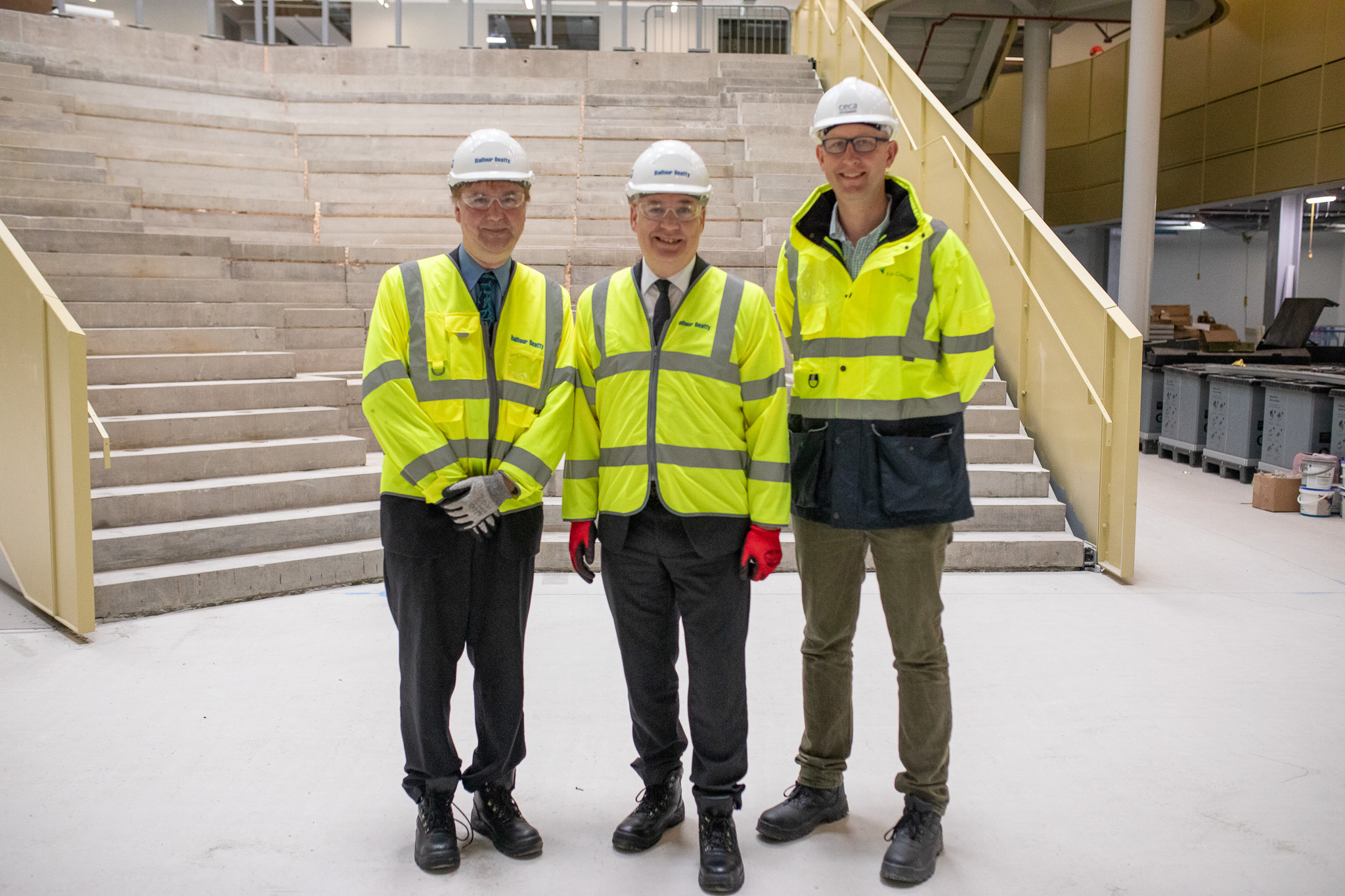
Business Minister supports geospatial training at Fife College
Business Minister Richard Lochhead MSP visited Fife College recently to learn how the College has delivered the UK’s first geospatial qualification in a College.
The new Geospatial Foundation Skills course, which started in February 2025, provides an 18-week introduction to GIS and Earth Observation, emphasising core skills and with each student undertaking a practical project with industry. The course came into being as a collaboration between the College, the Association for Geographic Information (AGI) in Scotland, Location Data Scotland (LDS) and the University of Edinburgh with support from the Scottish Government’s Geographic Information Science and Analysis Team. Research undertaken by Location Data Scotland and AGI Scotland identified a skills shortage, particularly in relation to technician-level roles and this course was developed as a response, ensuring Scotland continues to be a prime destination for geospatial business.
The Minister was welcomed to the College’s new Dunfermline City Campus which will open later in the year; the future home of innovative programmes such as the Geospatial Foundation Programme. The course will be credit rated this month as a recognised qualification on the Scottish Credit and Qualifications Framework at SCQF level 6.
In a recent LinkedIn post, Business Minister Richard Lochhead said:
“Our brilliant colleges are embracing Scotland’s innovation mission, and they must be at the heart of our ambition to become a leading innovation nation. The sector’s growing focus on innovation is illustrated by the vision behind the spectacular new Fife College campus that will soon open and that I had the privilege of visiting. There will be an innovation space in the new college but learners are already benefiting.
I was inspired to learn about the Geospatial Foundation Skills Course as part of the geospatial roadmap and the work withLocation Data Scotland with funding from UK Space Agency also involving Bayes Centre. The college’s programme is the first of its kind and so important for the skills pipeline for 21st century Scotland!”
Bruce Gittings, Chair of AGI Scotland and Senior Lecturer at the University of Edinburgh, said:
“This is a remarkable collaboration which will bring new talent into the geospatial workforce in Scotland, supporting existing organisations, allowing new businesses to develop and promoting inward investment.
The Scottish Government created Location Data Scotland to grow our geospatial sector, and this has been part of a significant work-package that will underpin future success.
This course is entirely complementary to what is offered at university-level and therefore brings greater diversity into our industry and the opportunity for progression. We have seen that it can attract school-leavers to this new course, as well as those with interesting backgrounds and experiences coming back into employment or seeking a career-change.
We are already exploring how AGI and LDS can develop their collaboration with Fife in the future.”
Jim Metcalfe, Principal of Fife College, said:
“We were delighted to welcome the Business Minister to our new Dunfermline City Campus and share the exciting work underway across a range of future-focused subject areas. Our programmes in fields such as geospatial technology are designed to meet the skills needs of Scotland’s economy – both now and in the future.
At Fife College, we are committed to being an accelerator for jobs and opportunity, aligning skills with economic demand, and this new campus is at the heart of that mission.”
Next Steps
If your organisation is interested in tapping into new geospatial talent and can offer work experience or employment to students graduating from Fife College this summer, please contact Lauren Miller (laurenmiller@fife.ac.uk) to get involved.

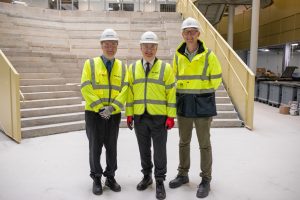
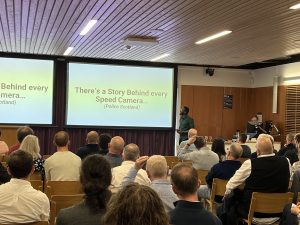
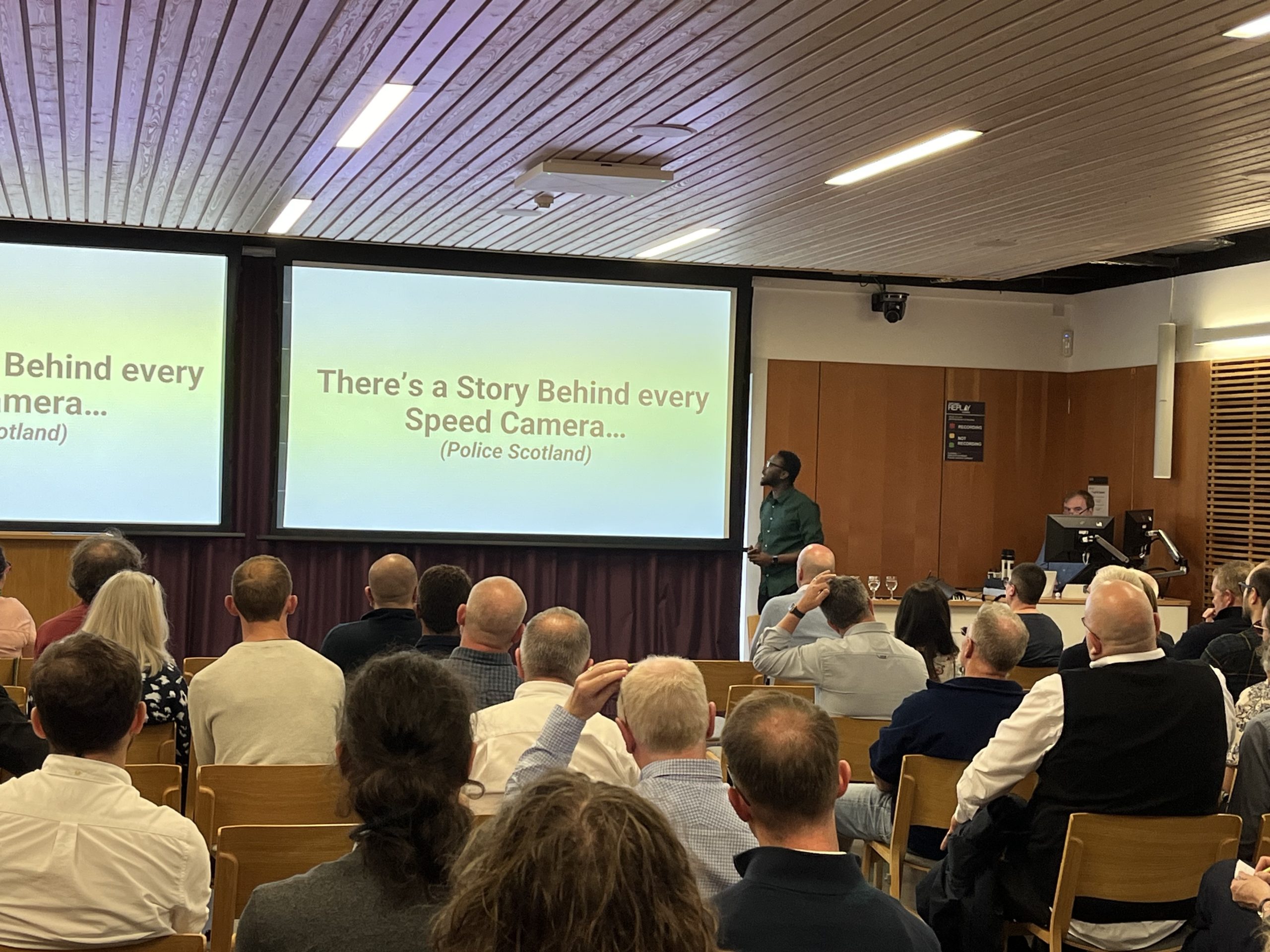



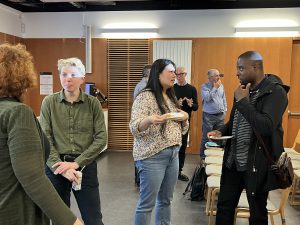
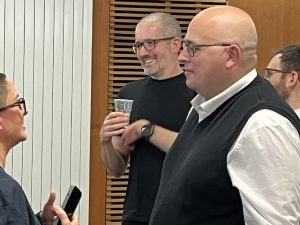
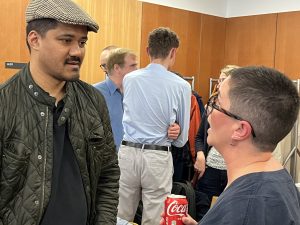
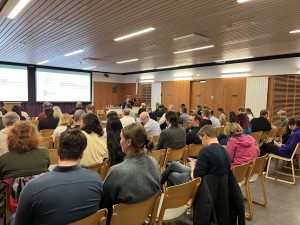

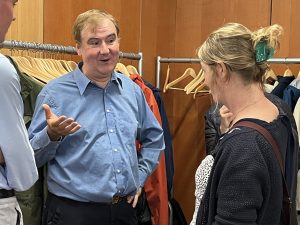
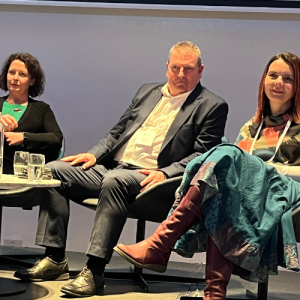
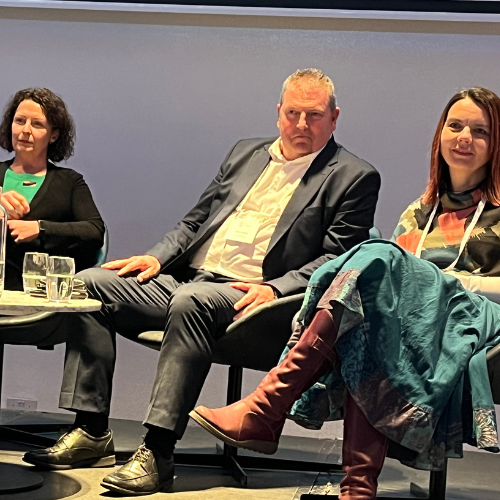
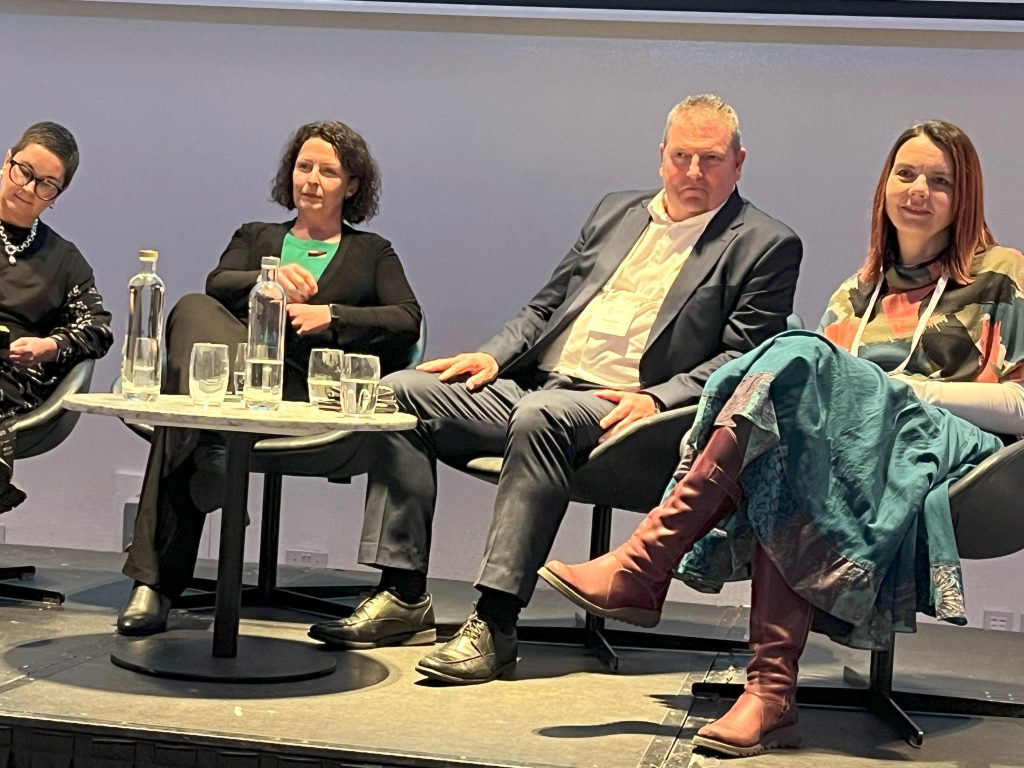
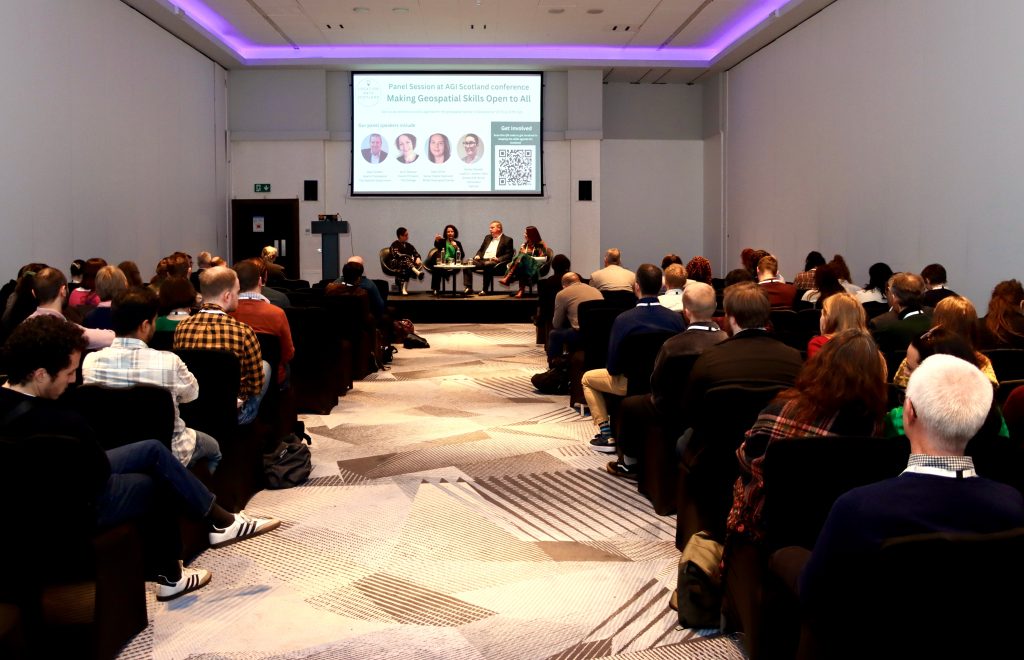
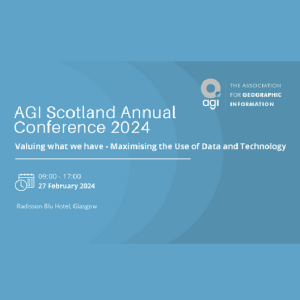
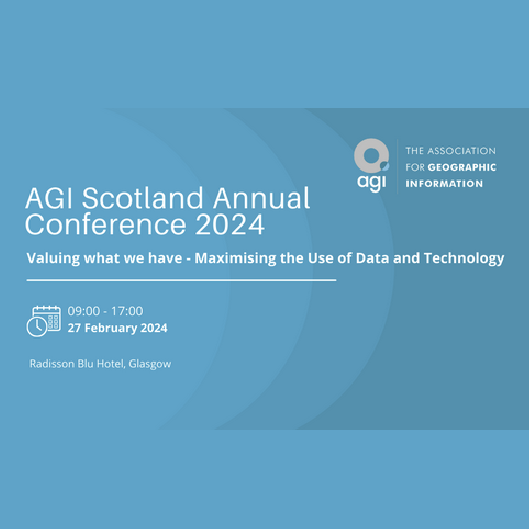
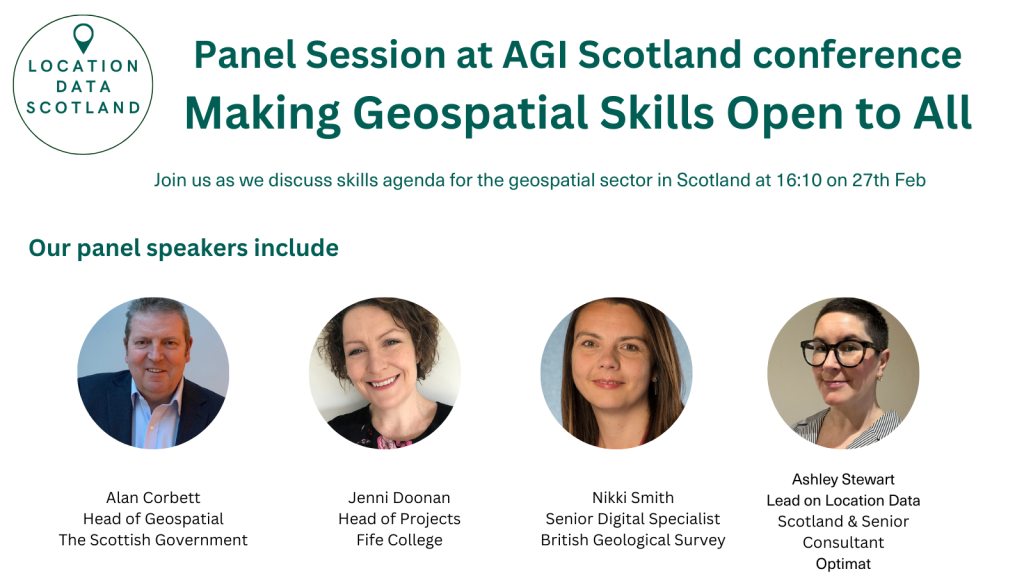


 Ashley Stewart, Lead on Location Data Scotland talked to Business Insider magazine about how location data can help Scottish businesses to thrive. Read the interview
Ashley Stewart, Lead on Location Data Scotland talked to Business Insider magazine about how location data can help Scottish businesses to thrive. Read the interview 

 With significance on a global scale, this project will help Scottish tourism organisations to unlock data sets that have not been measured or previously accessed. The data generated by destinations’ own visitors removes the need for a third-party data provider or the general data pool to provide destination leaders with accessible, actionable insights that reveal which activities are delivering real visitors in and which are losing organisations money. The goal is to help destinations accelerate their economic growth by using data to focus on the activities that their visitors would travel for.
With significance on a global scale, this project will help Scottish tourism organisations to unlock data sets that have not been measured or previously accessed. The data generated by destinations’ own visitors removes the need for a third-party data provider or the general data pool to provide destination leaders with accessible, actionable insights that reveal which activities are delivering real visitors in and which are losing organisations money. The goal is to help destinations accelerate their economic growth by using data to focus on the activities that their visitors would travel for.

